anonymous said: i was wondering, do people in japan know about asexuality or intersex , graysexuals , aromantics…? they know about lgbt but what about these? is there any kind of awareness to it? ( i discovered that im ace flux and still questioning whether demisexual or graysexual, but also that im biromantic seemingly and was wondering if it would be a problem there? are people accepting or aware of them or just lgbt?) it’s hard to make a broad generalization about an entire country of people, but generally speaking, i’d say that awareness of intersex people, the ace spectrum and the aro spectrum– and indeed, LGBT everything– is behind where it is in, say, the US. at the same time, Japan is a very diverse place. within the same country, even among the same demographic of people, awareness can vary greatly. everything i’m saying and about to say is…































